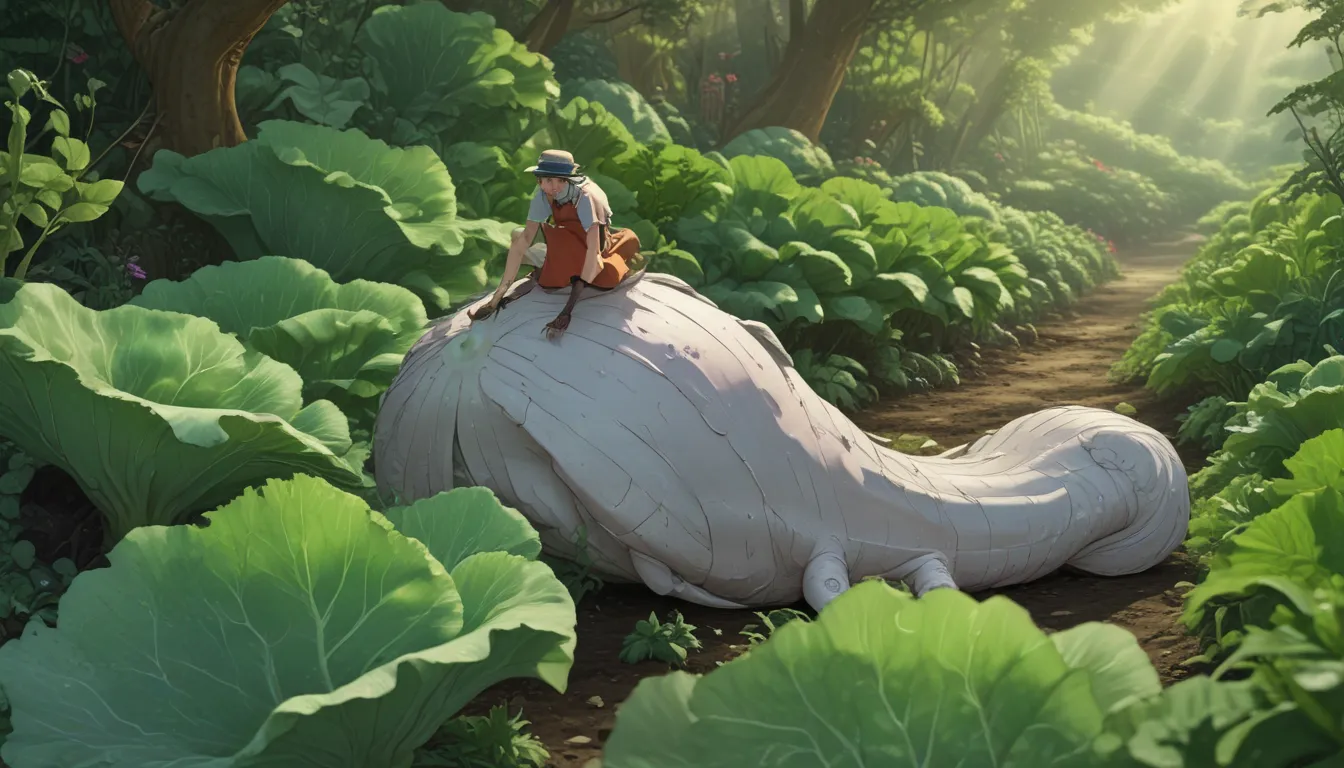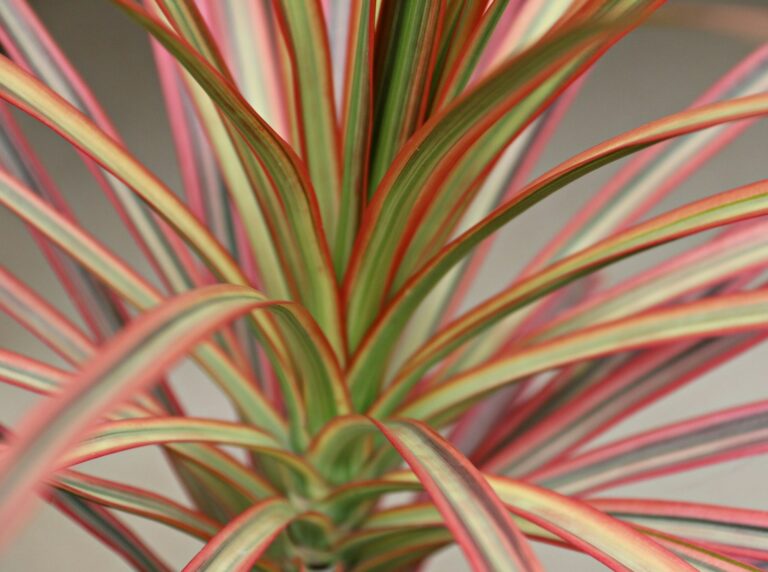Comprehensive Guide: How to Keep Slugs Off Cabbage and Other Cole Crops

Have you ever noticed a shiny trail of mucus in your garden and wondered if slugs are the culprits? With the potential for up to 200 slugs per square yard in cool, humid climates, your prized cabbage plants and other brassicas could be at risk.
These terrestrial gastropod mollusks can wreak havoc on your garden by devouring cole crops and other vegetables. Each slug can produce up to 400 eggs per year, making them a formidable opponent for any gardener.
But fear not, there are effective ways to combat these slimy fiends and protect your precious plants. In this comprehensive guide, we will explore various methods you can use to keep slugs from feasting on your cole crops.
Signs of a Slug Infestation
The telltale signs of a slug infestation include the presence of a shiny trail of mucus in your garden. These nocturnal pests hide during the day in crevices, under rocks, boards, or dense vegetation, emerging at night to feed on your plants.
Plants at Risk
Slugs have a particular affinity for cruciferous vegetables such as bok choy, broccoli, Brussels sprouts, cabbage, collard, cauliflower, kale, kohlrabi, mustard, radish, rutabaga, and turnip. Signs of slug damage include large holes chewed into the leaves, which can severely impact the plant’s ability to photosynthesize.
Effective Slug Prevention Techniques
Trapping
- Use containers filled with beer or milk buried in the soil to attract and drown slugs.
- Place boards over rich organic soil to create hiding spots for slugs. Check and remove them daily.
- Bait board traps with vegetation like potatoes, grapefruit skins, or cabbage leaves for added effectiveness.
Erecting Barriers
- Create a barrier using crushed oyster shells, eggshells, cinders, wood ashes, sharp sand, or diatomaceous earth.
- Consider using wire screen or copper strips to deter slugs from entering your garden.
Black Plastic Mulch
- Utilize black plastic mulch to heat up the soil and discourage slugs from hiding in it.
Avoiding Organic Mulch
- Slugs thrive in organic mulch, so minimize its use to deter infestations.
Planting in Raised Beds
- Raised beds can help prevent slug infestations by promoting better drainage and aeration.
Introducing Ducks
- Ducks are efficient predators of slugs and other pests, making them a natural solution for pest control without damaging your plants.
Predatory Slugs
- Testacella, a predatory slug species, can help reduce slug populations in your garden by feeding on other varieties.
Slug and Snail Bait
- Consider using iron phosphate slug bait as an organic and non-toxic alternative to metaldehyde.
By implementing a combination of these techniques, you can effectively protect your cole crops from slug infestations and ensure a healthy garden.
Have you successfully defended your cabbage plants from slugs? Share your experience in the comments below. For more tips on protecting your garden from pests, check out our guide on natural methods to combat slugs and snails.
Explore our other guides for information on managing cabbage worms and other common pests that affect brassicas.
Remember, with the right strategies and a little persistence, you can keep your garden free from these slimy fiends and enjoy a bountiful harvest of cole crops.
Let’s keep those slugs at bay and safeguard your precious plants!





